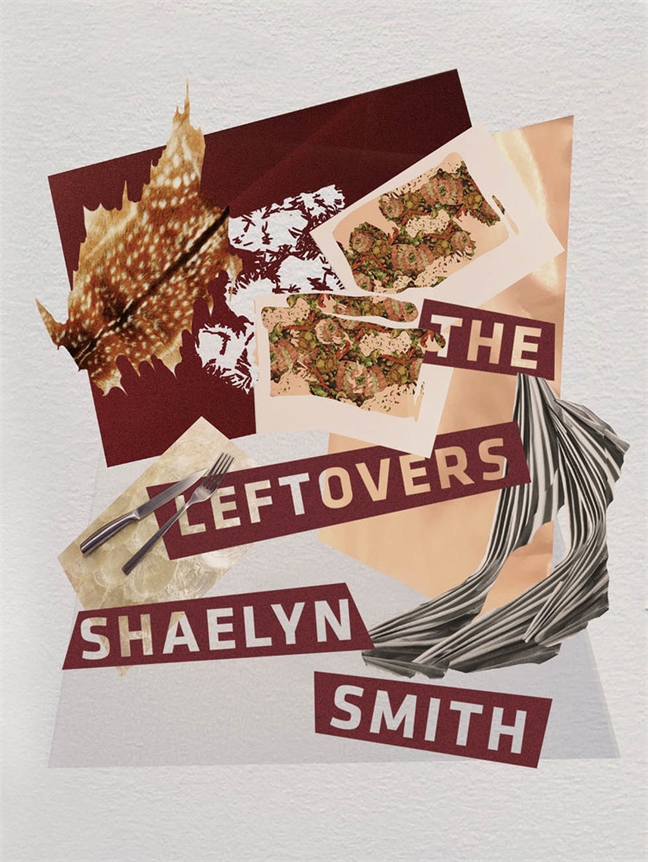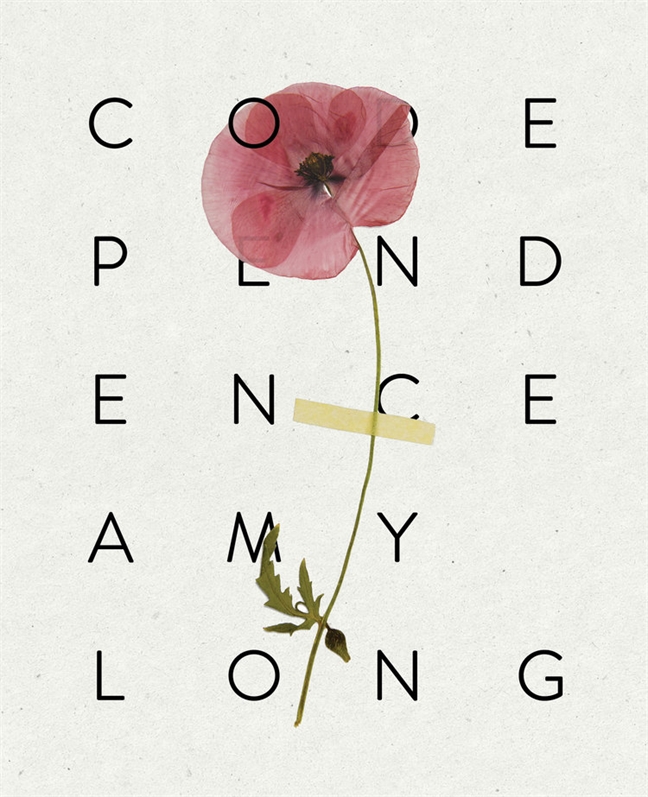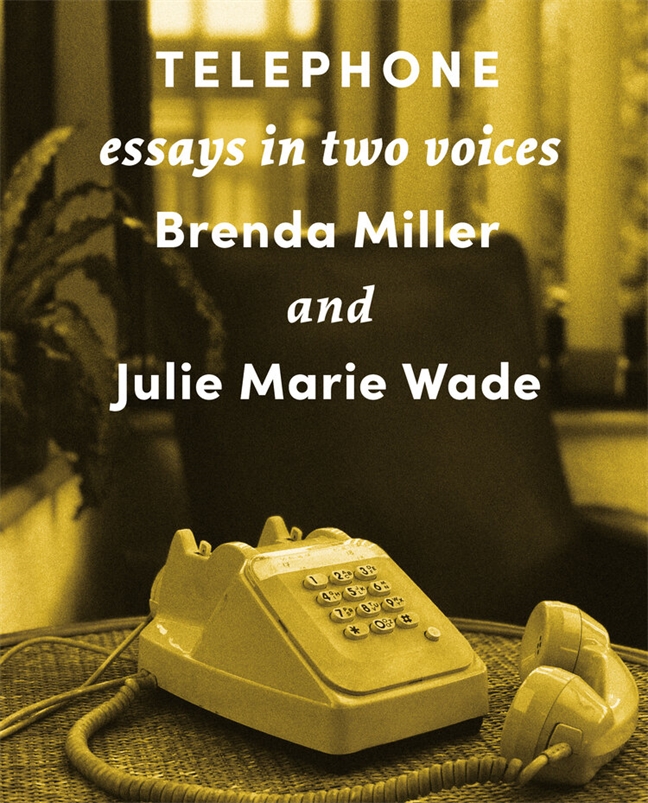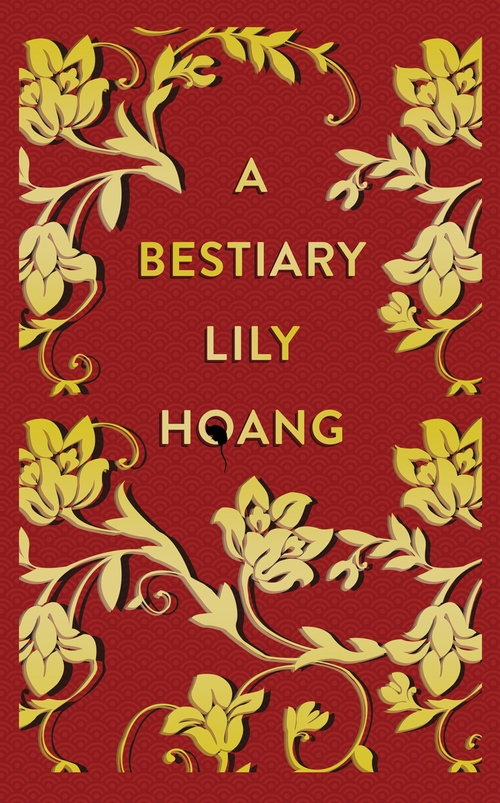Winner of the 2017 CSU Poetry Center Essay Collection Competition, Selected by Renee Gladman. Winner of CLMP’s 2019 Firecracker Award for Creative Nonfiction.
Shaelyn Smith’s The Leftovers extends the table of Judy Chicago’s The Dinner Party: it pronounces more of the names that should be pronounced; it draws in a wider range of practicing artists; it expands and complicates the context through which we read Chicago’s feminist and recuperative gesture. But, most exciting of all, the book writes itself and the subject of its study into an ecological system, where many different voices rise out history, rise out of the contemporary moment, and put time and thought into a sustained rhythm. Through its unfolding The Leftovers learns how to care for each level in this living environment and leaves the reader with a feeling that she’s learned something and planted something simultaneously. - Renee Gladman
This is a masterpiece of female/feminist empathy and genius. Art and nature, violence and literature, the impact of one’s own life and the lives one seeks to feed us, to help us make a sort of sense of it all—The Leftovers is alive with fierce intelligence and deep emotion. It’s a whole new kind of book, a brainy swirl of everything most sublime and most terrible about the world we inhabit. - Michelle Tea
In prose both journalistically obsessive and poetically seductive, Smith inscribes our invitation to the banquet of feminist art. What better to slow-look in this moment than an installation dedicated to expanding our understanding of what women have brought to the table. Reading Smith is like watching a skilled collagist reassemble the female body from disparate crime scene photos and defiant snapshots. I feel reanimated. The Leftovers is thrilling and necessary work. - Karyna McGlynn
Both a response to and a continuation of The Dinner Party, the iconic 1979 installation produced by feminist artist Judy Chicago, Shaelyn Smith’s wide-ranging and imaginative debut essay collection The Leftovers breaks ground for memoir while sharply challenging what “art writing” is and can be. With doses of lyric and critical review, feminist theory and art history, food writing and experimental journalism, Smith’s (auto)biographical prose carves new routes through and beyond traditional modes of criticism and ekphrasis to arrive at the place where art merges with lived experience.Shaelyn Smith grew up in northern Michigan and received her MFA in creative nonfiction from the University of Alabama. She lives and works in Auburn, Alabama.





